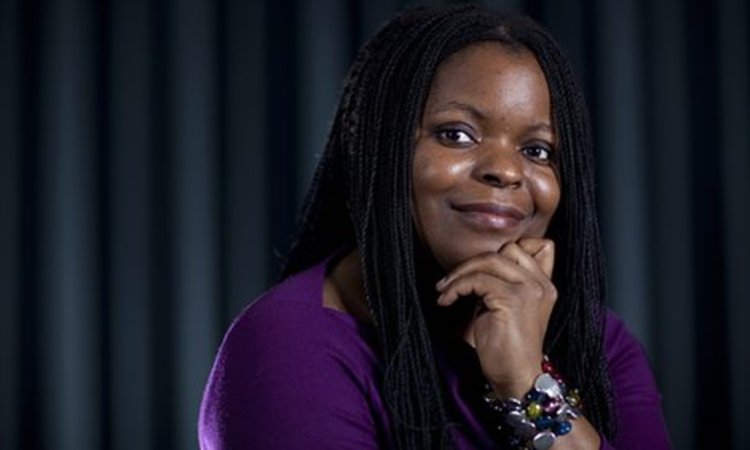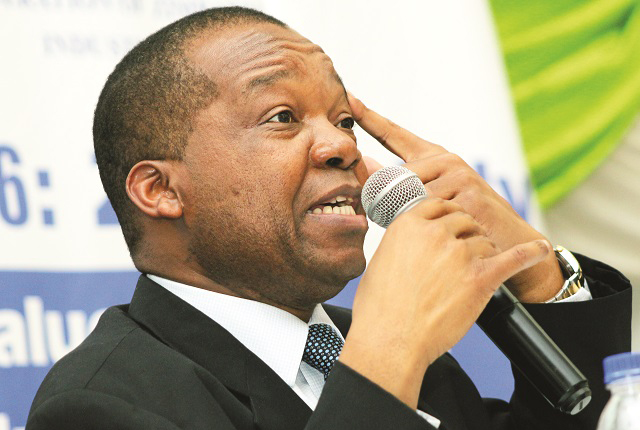Writers end year in own style

Beaven Tapureta Bookshelf —
Writers and book lovers enjoyed an unusual series of events late November and very early December, thus ending the year in their own style.
Book launches, a literary festival and a copyright workshop got them together and triggered various new visions for 2017.
The University of Zimbabwe’s mega book launch on November 18 and Tendai Maduwa’s launch of his new book “A Chains of Credit” at Joina City on November 25, closely scheduled as the events were, set an exciting “book mood” which stuck with writers for days that followed.
The third edition of the International Literature Festival (Litfest Harare) came with a packed programme of events which ran from November 30 to December 3 under the theme “We Write. We Speak. We Inspire”.
With more than 20 sessions tackling various issues and featuring performances and readings, the three-day Litfest proved its mettle in coming up with an illuminating assemblage of different art forms such as fiction, poetry, music, comedy, film and theatre.
On the last day of the festival, writers had to choose to either enjoy Litfest’s after party at Theatre in the Park or join renowned author Petina Gappah at Reps Theatre in Belgravia where she was launching her new short story collection titled “Rotten Row”(2016, Faber) on the same evening.
Two days after the annual carnival and Gappah’s book launch, some writers proceeded to another important event on licensing and copyright development held at Monomotapa Crowne Plaza in Harare.
In addition to having become a diverse and refreshing event on the local book calendar, Litfest has, among other things, encouraged local authors and readers to be conversant with literature beyond our borders.
The same international aspect was seen at Gappah’s book launch as she chose to launch her book with an acclaimed writer Paula Hawkins, author of world best-seller “The Girl On The Train”.
Last year, Litfest invited a poet from Burma and the powerful taste of Burmese poetry still lingers. This year, it was a historical look at poetry from Ireland. Joseph Woods, on December 3 the last day of Litfest, gave a profound presentation on the topic “Perspectives on Irish Poetry- Past and Present”. His paper showed how Irish poetry has developed and its links with other literatures in the world, especially the Japanese haiku.
Petina Gappah’s book launch was dubbed “The Girl On The Train Meets Rotten Row”, almost a book title on its own!
The opening acts featured a captivating dramatic reading of an extract from Gappah’s anthology by UK-based actress Zimbabwean actress Chipo Chung followed by a humorous performance of another extract by a cast of eight local actors.
Later, the two authors Paula Hawkins and Petina Gappah engaged in a conversation which dealt with the links and differences in their books and writing lives. Zimbabwe-born Hawkins, who is also expecting her new book “Into The Water”, said she was happy to be back home.
In “Rotten Row”, Gappah has a flair for dialogue in Shona language and for what reviewer F.T Kola described as “crowded scenes”.
“I use Shona language in dialogue only,” said Gappah.
“Rotten Row” is her third book which she said took her about two years to write. Her other two books are the 2009 Guardian First Book Award winning “An Elegy for Easterly” and “Book of Memory”.
At the licensing and copyright development workshop held on Tuesday, stakeholders in the book industry shared and exchanged ideas on how best they can stop the daily exploitation of their works. They all endorsed the idea of licensing as one of the measures which can stop rampant photocopying of copyrighted material.
In their presentations guests of honour Olav Stokkmo, Special Advisor to International Federation of Reproduction Rights Organisation (IFRRO) and Caroline Morgan, the Chief Executive and Secretary General of IFRRO, highlighted the importance of licensing and how it has helped some countries to fight down copyright infringement.
Caroline Morgan used the successful Australian experience to prove that licensing, particularly educational licensing, is possible when the Government and all stakeholders are committed to the cause rewarding writers.
The workshop also exposed authors to the principle of the public lending right (PLR), that is, the right that authors have to at least receive payment for the free use of their work in libraries.
Lending of books at public libraries is viewed as a copyright exploitation of an author’s work. Stokmmo said although there are no functional PLR systems in Africa, PLR compensate authors and publishers for books lent out at public libraries.
Elisha Ndanga, a lecturer and writer, presented on technology protection for copyright licensing and exploitation while Glenda Mutasa, a copyright officer at Zimbabwe Intellectual Property Office (ZIPO), talked about the Copyright and Neighbouring Act Chapter 26:05.
The workshop was organised by ZimCopy in partnership with IFRRO, the ZIBF and the Ministry of Higher and Tertiary Education, Science and Technology Development. ZimCopy, currently led by Dr Samuel Makore is the legitimate reproduction rights organisation of Zimbabwe affiliated to IFRRO.









Comments